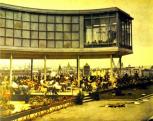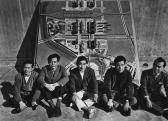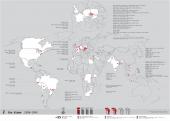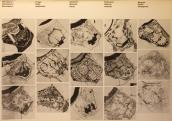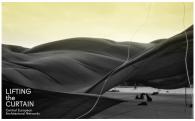2024. May 5. Sunday
Museum of Applied Arts - Budapest
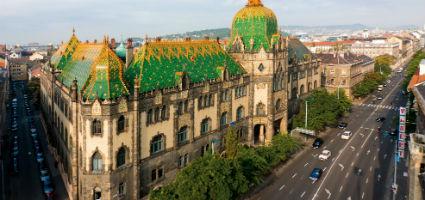 |
Address: 1091, Budapest Üllői út 33-37.
Phone number: (1) 456-5100
E-mail: info@imm.hu
Opening hours: A múzeum egész évben zárva tart.
|
The exhibition has closed for visitors.
Lifting the Curtain, an exhibition presenting the birth of modern architecture in Central Europe from a new perspective is coming to Budapest. The show was originally realised as a collateral event of La Biennale di Venezia - 14. International Architectural Exhibition with the collaboration of organisations from five countries. This was the first occassion for Hungary to be represented outside its national pavilion at the Biennale.
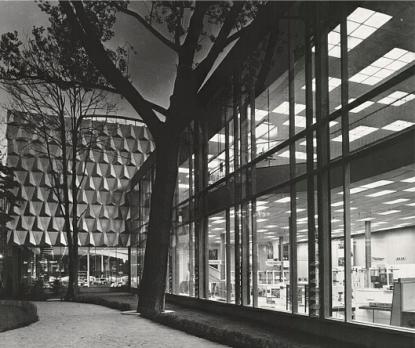
The contribution of Central Europe to the formation and dissemination of modernity is largely unknown or seen as a marginal episode in post-war historiographies of global modern architecture, due in part to its long term isolation from Western discourse. This situation also reinforced the currently dominant national narratives of modernism in post-socialist countries.
This project explores key transitions that formed modernity in Central Europe from a different perspective. Its intention is to highlight cross border and cross disciplinary transfers, which reveal a different understanding of the networks of modern architecture.
In a lateral move between national and object narratives, the exhibition focuses not on the elements but the mechanisms of production. Focusing on the post war period but reaching back to the end of the Monarchy and on to today, it presents case studies in six themes that explore the individuals, institutions, events, technologies and other actors who established exchanges between and far beyond the countries of the region. These provide the platform, which helps reconnect the architecture of Central Europe with the global discourses of modernism.
The exhibition received significant international press coverage. Following the Venice Biennale, it will be shown in 2015-2016 in Vienna, Belgrade, Zagreb, Budapest, Prague, Brussels, Warsaw and other cities in Europe.
The exhibition is also the start of a long term collaboration and publications that will make accessible the key texts and primary source documents of the region's architecture history, as well as new research findings. The series will continue to highlight network connections, knowledge production and exchange as its key perspective.

The contribution of Central Europe to the formation and dissemination of modernity is largely unknown or seen as a marginal episode in post-war historiographies of global modern architecture, due in part to its long term isolation from Western discourse. This situation also reinforced the currently dominant national narratives of modernism in post-socialist countries.
This project explores key transitions that formed modernity in Central Europe from a different perspective. Its intention is to highlight cross border and cross disciplinary transfers, which reveal a different understanding of the networks of modern architecture.
In a lateral move between national and object narratives, the exhibition focuses not on the elements but the mechanisms of production. Focusing on the post war period but reaching back to the end of the Monarchy and on to today, it presents case studies in six themes that explore the individuals, institutions, events, technologies and other actors who established exchanges between and far beyond the countries of the region. These provide the platform, which helps reconnect the architecture of Central Europe with the global discourses of modernism.
The exhibition received significant international press coverage. Following the Venice Biennale, it will be shown in 2015-2016 in Vienna, Belgrade, Zagreb, Budapest, Prague, Brussels, Warsaw and other cities in Europe.
The exhibition is also the start of a long term collaboration and publications that will make accessible the key texts and primary source documents of the region's architecture history, as well as new research findings. The series will continue to highlight network connections, knowledge production and exchange as its key perspective.

